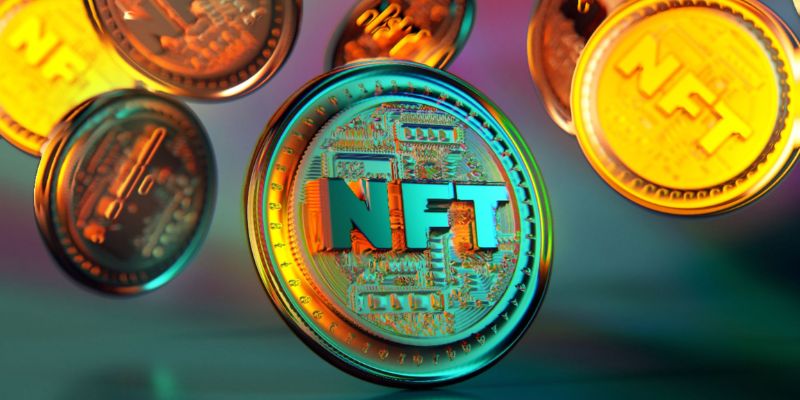NFTs gained popularity in 2021 and have since maintained interest. The consistent adoption of NFTs reinforces the position that these assets are not going away anytime soon. However, while many have accepted that NFTs are here to stay, the regulatory status of these assets has been controversial.
NFTs, like many other assets based on the blockchain, have a thorny relationship with regulators across various countries. Thus, the formal designation of NFTs is crucial if investors in the space will have any semblance of regulatory certainty. Furthermore, the status of NFTs also affects other vital considerations, such as taxation.
This article will consider whether NFTs are securities or digital assets.
What are securities?
Conceptually, the term “security” refers to any financial instrument, usually a financial asset, that can be traded. Thus, many items can technically be termed securities. Practically, however, the securities regulator in a jurisdiction determines what a security is or not. Therefore, in the US, the Securities & Exchange Commission is the regulatory body that determines what assets qualify as securities and what rules apply to these assets.
What are digital assets?
Digital assets are generally considered digital representations of various objects, including physical assets and their associated value. These assets can typically be generated, stored, and transferred electronically. Digital assets can be anything from data and images to video content and other digital files.
What class of assets are NFTs?
Technically, NFTs are digital assets as they are generated, stored, and transferred electronically. However, in the regulatory context, it is essential to distinguish between assets that are considered securities and those regarded as digital art or collectibles. This is because both types of assets are regulated by different agencies and subject to different rules.
It is important to note that the question of whether NFTs are securities is country-specific. In the US, however, what assets qualify as securities are evaluated based on the Howey test, which requires that the asset must be
- An investment of money
- In a common enterprise,
- With expectation that profits will be derived from the efforts of the promoter or a third party.
- Arguably, the Howet test brings NFTs into the definition of a security. Nevertheless, the SEC has yet to provide formal guidance on when
NFTs should be considered securities. Clearly, the question of NFTs is difficult for regulators as the Howey test, and the broad definition of ‘security’ in the Securities Exchange Act did not contemplate the existence of assets such as NFTs.
Notably, most NFT transactions are not likely to be regarded as securities, even though they may be bought to be resold later for a profit. However, some transactions are more likely to fall under the definition of securities, as hinted by SEC Commissioner Hester Pierce. An example of such transactions is fractionalized NFTs that are often sold on some marketplaces. With fractionalized NFTs, investors can buy portions of an NFT in a manner similar to purchasing traditional securities.
Overall, it is still largely uncertain whether NFTs are considered securities in most jurisdictions. This illustrates the level of uncertainty that still dominates the relatively young NFT space. As we advance, regulators must issue comprehensive and unambiguous guidelines to clarify the legal status of NFTs.
















